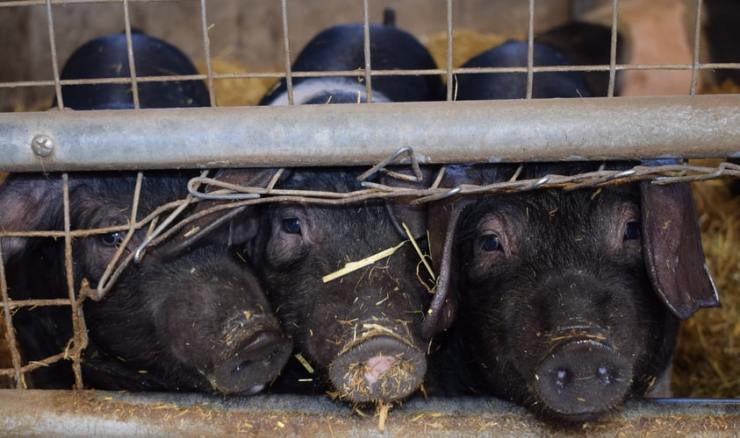
An outbreak of African swine fever that killed around 3,000 pigs in Assam has forced the state's government to ban the distribution and sale of pork in the region affecting the lives of hundreds of villagers who depend on pig farming for a living.
Additionally, the death of thousands of pigs from the last week of April has hit the rural economy of Christian-dominated regions in the northeast where pork is a major delicacy.
According to the World Organization for Animal Health, swine fever does not spread from animals to humans, but it can spread via live or dead pigs, pork products.
It has the potential to spread from one farm to another through birds and be transmitted through vehicles transporting meat and fodder, therefore, threatening the circulation of fever in pigs across the county.
It can also spread through objects like clothes, shoes, knives and other equipment.
According to the federal government, this is the first instance of the disease in the country and the mortality rate of which is almost 100 percent.
For Bishop Thomas Pulloppillil of Bongaigaon Diocese in Assam, swine fever has been "a big blow to the rural economy of Assam and other northeastern states."
"We are not sure of the extent of damages and financial losses as we cannot reach out to them because of the lockdown," said Bishop Pulloppillil pointing at the villagers affected by the ban of pork sales.
"The poor farmers who are already bearing the brunt of Covid-19 will suffer further. Almost every family in the villages rears pigs for their livelihood," the bishop told UCA News.
Though swine fever does not pose a potential threat to human lives, the Assam government has advised people to take precaution as the country continues to battle against COVID-19, which has taken around 2,254 lives so far.




